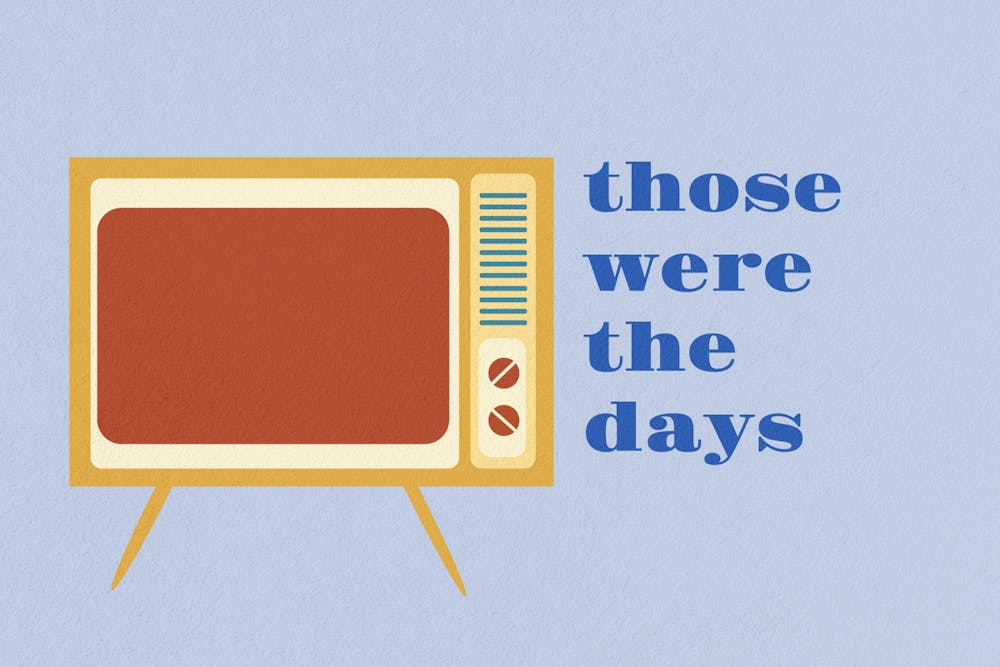I have probably listened to the vocal group Voctave’s “Prince of Egypt Medley” about once a day since its release. It’s brilliantly arranged, masterfully performed, and extremely nostalgic for someone like me, who grew up watching The Prince of Egypt (TPOE) and listening to its soundtrack.
The transitions from song to song are beyond clever, and even someone who doesn’t like choral music will be dazzled by the range and skill of the group. While I am impressed with this piece, after listening to it over and over, I’ve finally understood what it is about it that feels "off." The polished session singers that make up Voctave consistently create a flawless sound—one that doesn’t match the impassioned songs detailing the plight of the Jewish people as slaves in Egypt.
If you go back and listen to the original movie soundtrack, the chorus of Jewish slaves asking God for help in the memorable song “Deliver Us” don’t blend perfectly or cut off at the same time. They sing with audible pain and the conviction that they are not alone. Israeli singer Ofra Haza scoops her voice as Moses’ mother Yocheved—an “improper” vocal technique, but one that excellently conveys her desperation to save her son. I could discuss it for hours, but the emotionally attuned vocal characterization present in the soundtrack is just a small drop in the bucket of powerful, nuanced artistry that comprises TPOE.
Nearly all of my memories of the film are from watching it around Passover as a child. Unlike other animated films, TPOE struck an emotional chord, even at that young age. The Jewish people have a tough history to process, especially for a kid, but when expressed through the same medium as Shrek, it was more approachable. Too young to understand other musicals like Fiddler on the Roof and Parade that explored persecution, or to process the horrors of Holocaust films and plays like Schindler’s List or The Soap Myth, TPOE was my first true exposure to the emotions that accompany millennia of oppression. The four years that went into making the film resulted in an extremely effective retelling of the Book of Exodus—one that adds humanity to towering biblical figures and offers universal messages of hope that transcend the religious setting.
On paper, without any of the actual film itself, TPOE already has the makings of a great movie. It was an early project of DreamWorks Animation, the production company headed by Stephen Spielberg, Jeffrey Katzenberg, and David Geffen, three giants of the entertainment industry. The score was written by Hans Zimmer with songs by Stephen Schwartz. The voice cast was composed of Val Kilmer, Ralph Fiennes, Michelle Pfeiffer, Sandra Bullock, Jeff Goldblum, Danny Glover, Patrick Stewart, Helen Mirren, Steve Martin, and Martin Short. Despite the failure to cast the actual ethnicities of the Egyptian characters and of Moses’ wife Tzipporah, a Midianite, the effort made in not completely white–washing the Egyptian and Nubian characters was a notable step for the time. Ultimately, all of the work, research, and time that went into the casting, music, animation, and anything else needed for the film paid off. It may have been a labor of love—did I mention, four years—but in the end it exceeded all expectations.
I returned to TPOE for the first time in ten years before writing this article, and a few things stuck out to me. The first was the amount of the film that I remembered, word for word. I found myself singing along to songs I couldn’t have heard in years, almost mouthing along to the dialogue at times, and recalling specific imagery—further evidence of the emotional impact the film had during my childhood. I also was amazed by the intense depiction of the plagues, which was truly terrifying and sad to watch. At the end of the day, the best new element in my rewatch was being able to truly appreciate the film's fine craftsmanship. But the power and magnificence that brought the movie to life when I was younger can't be outranked.
These days, I’m more aware of the strong films, plays, and other works of art that detail the history of the Jewish people and their long struggle to escape persecution and achieve equality. I’m also more aware that despite many Jews’ more privileged lives, in the United States, 60.3% of religion–based hate crimes were anti–Jewish, making us the most targeted religious group in 2019, and Holocaust denial is currently on the rise. This lack of security is why films like TPOE and its more adult counterparts must exist: to teach in an accessible way. As we move l’dor vador—from generation to generation in Hebrew—I feel lucky to have films that carry on the history and legacy of Judaism.







